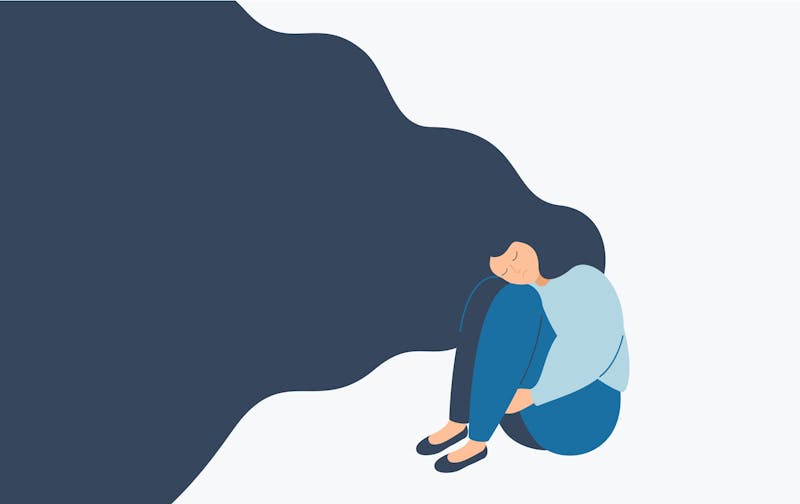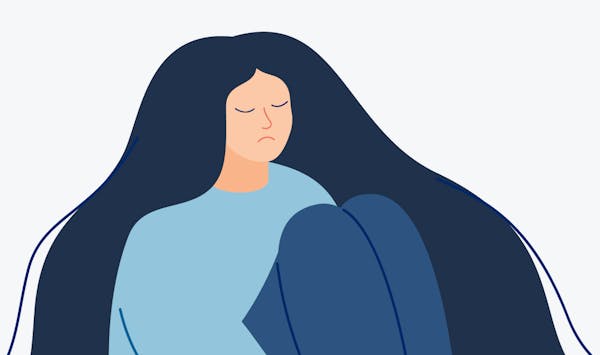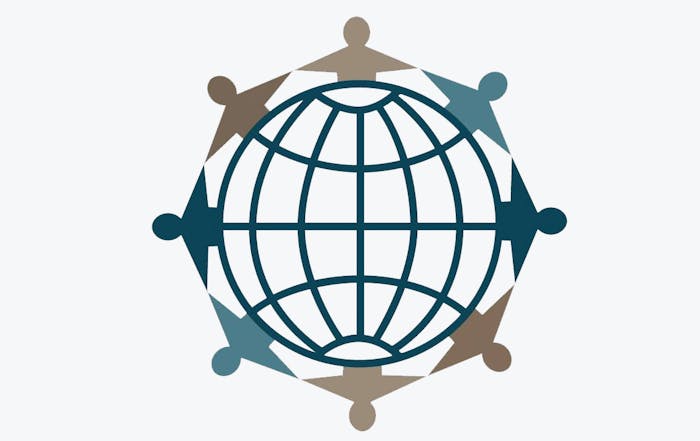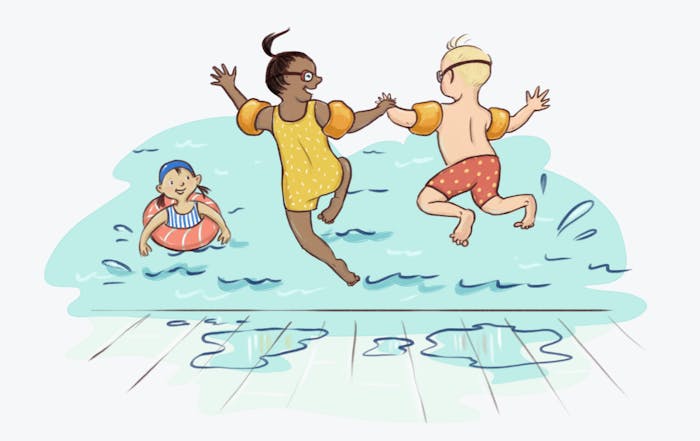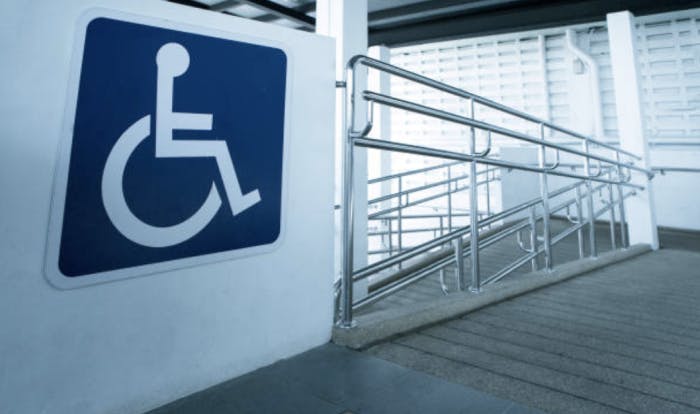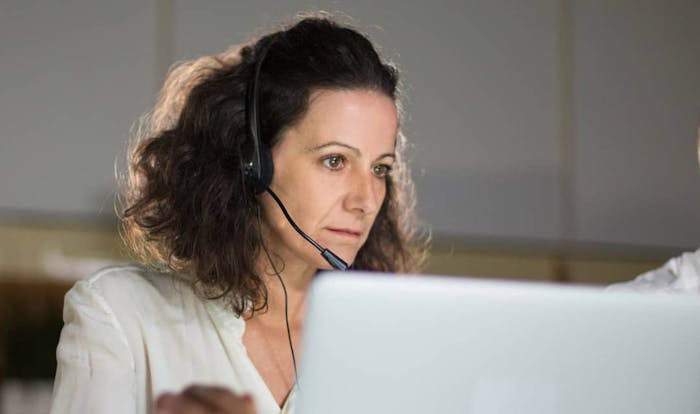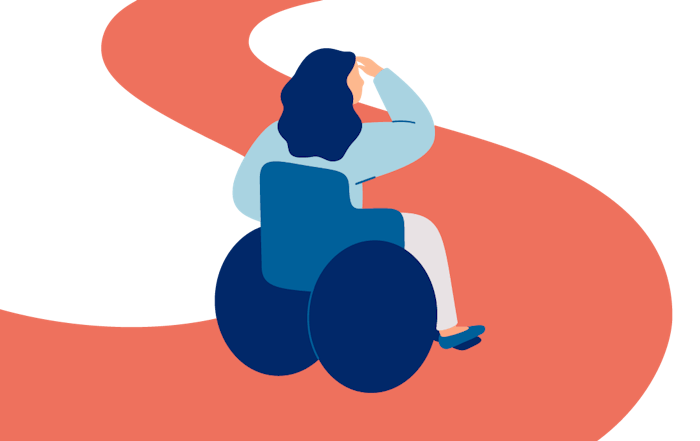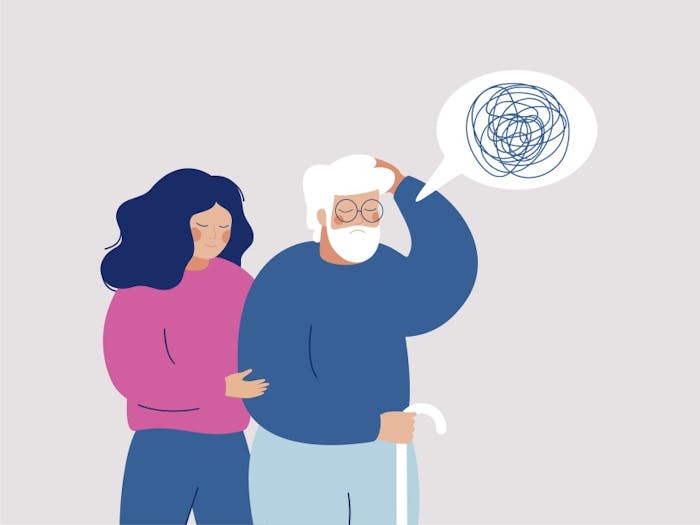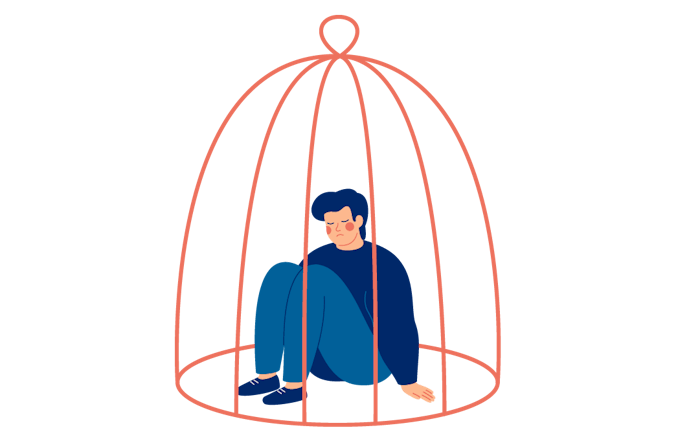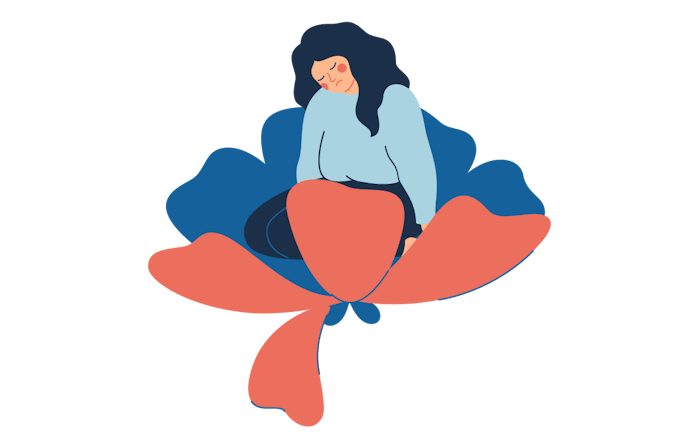Neglect
Neglect is a type of abuse that occurs for people who are dependent on assistance, such as the elderly, children or people with a disability. It is neglect when a person does not receive the assistance they need in order to feel well.
Neglect can be at the hand of a relative or caretaker and can occur within the home or nursing home or other institutions.
- The elderly often need increased assistance in their old age, like with medication or visits to a health care center. It is neglect when a caretaker does not tend to those needs.
- People with a disability often need specialized assistance with daily tasks. It is neglect when people with a disability are injured or need assistance due to illness and do not receive assistance. The same applies when people with a disability need to get between places and do not receive the agreed services.
- Children are in the custody of their parents and it is neglect if a child is poorly dressed, does not receive medication, support with school or enough to eat.
People who are neglected often experience helplessness, fear, anger, anxiety and depression. They have a fear of not being in control of their own lives. This makes them less likely to report neglect. It is important to always report neglect because everyone has the right to feel well.
